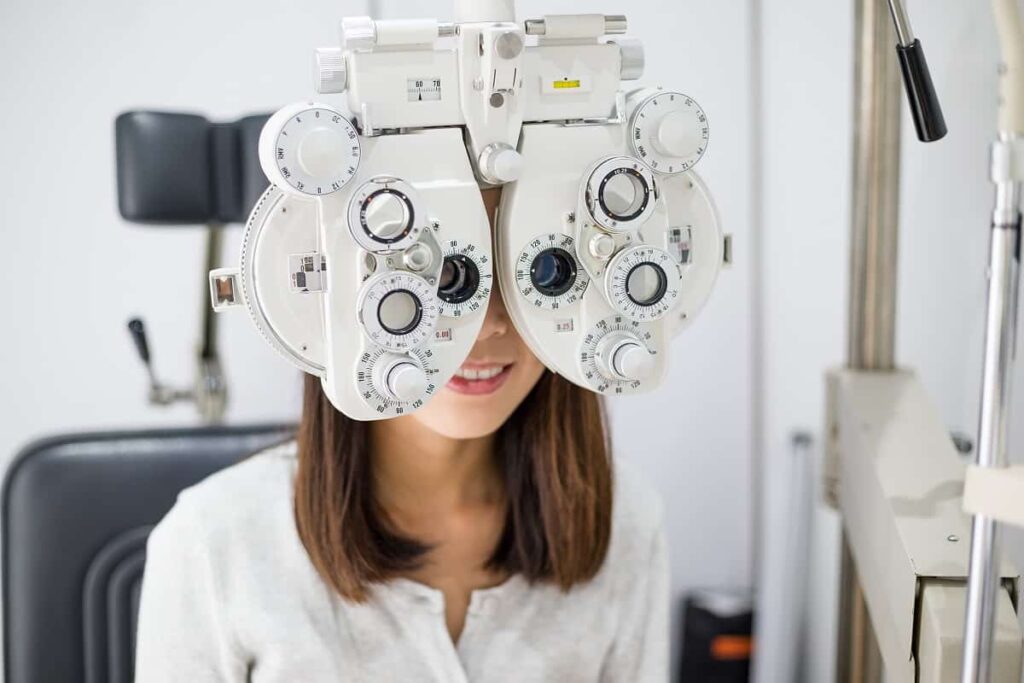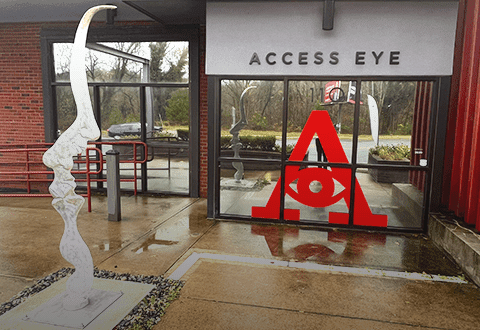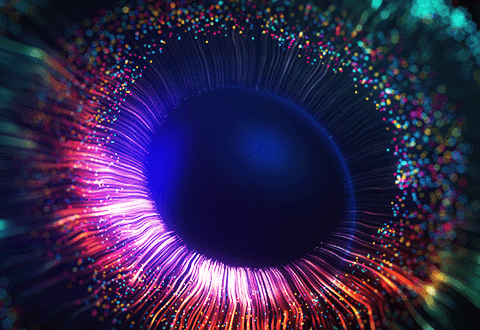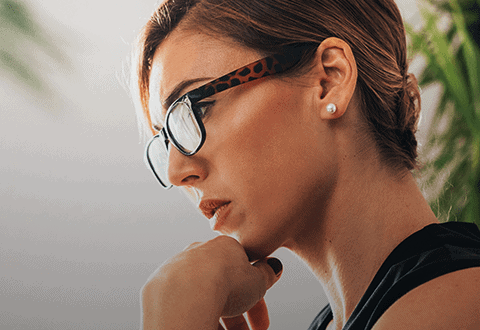Questions to Ask at Your Next Eye Exam

A comprehensive eye exam is a valuable opportunity to understand and manage your ocular health. Spending a few minutes gathering your thoughts and preparing a list of questions for the doctor can help you get the most out of your eye exam. Read on as Access Eye suggests what to ask your ophthalmologist or optometrist at your next visit.
Are there any new vision correction options I should consider?
If you rely on glasses or contact lenses to see clearly, you might want to review new treatment options with your eye doctor. Maybe there are upgraded lenses or lens features that would suit you, or perhaps you are ready to consider permanent vision correction with laser eye surgery. It never hurts to consider all of your options.
Am I at high risk of developing new vision problems based on my health or family history?
During the exam, your doctor takes down your complete medical history and inquiries about your family eye health history to get a baseline understanding of your health status. He or she does this for a few reasons. First, some eye diseases have a genetic factor. If one of your close family members had a refractive error, you are more likely to develop one yourself. Also, some systemic health problems, like diabetes, can contribute to eye diseases like diabetic retinopathy or cataracts if not well-controlled.
If you are at risk of vision problems due to your family history or medical history, ask your doctor what symptoms you should watch for. Early detection is key to preserving vision.
Given my eye health history and personal risk factors, how often should I schedule eye exams?
The doctors at Access Eye recommend a yearly comprehensive exam. Patients with certain eye diseases require more frequent visits. Your eye doctor can advise how often to return for exams based on your unique eyes and health history.
What else can I do to protect my eyes from health problems?
Your eye exam appointment is a good time to talk about protecting your eyes from the harmful effects of ultraviolet light and prolonged computer use. You can also ask your doctor about eye-friendly foods to eat or supplements that promote good eye health.
If you have special hobbies such as woodworking or playing contact sports, your doctor can provide recommendations for goggles, masks or other protective eyewear to keep your eyes and vision safe.
















